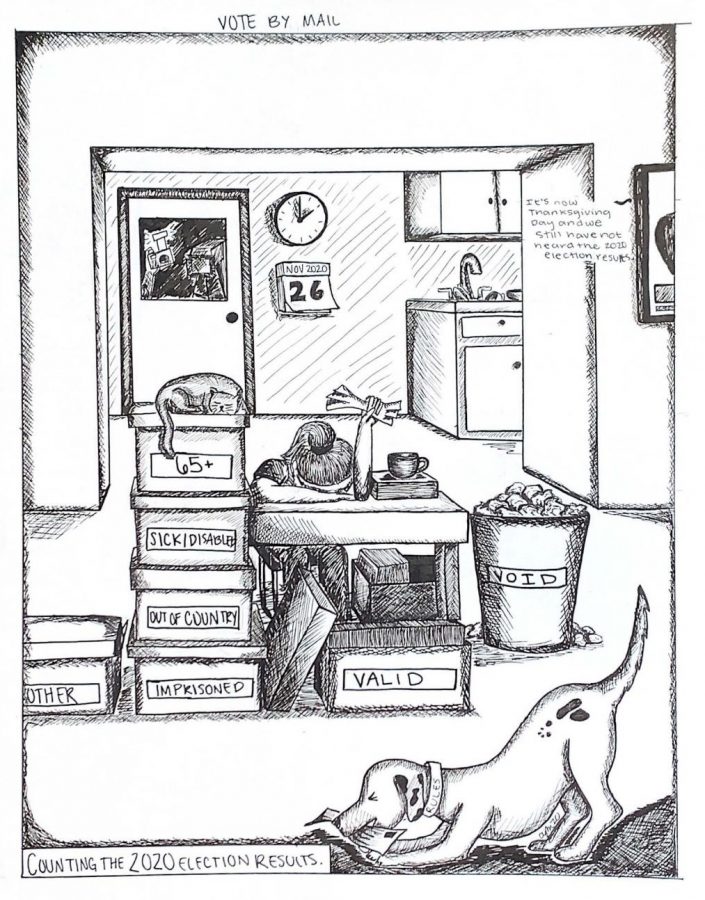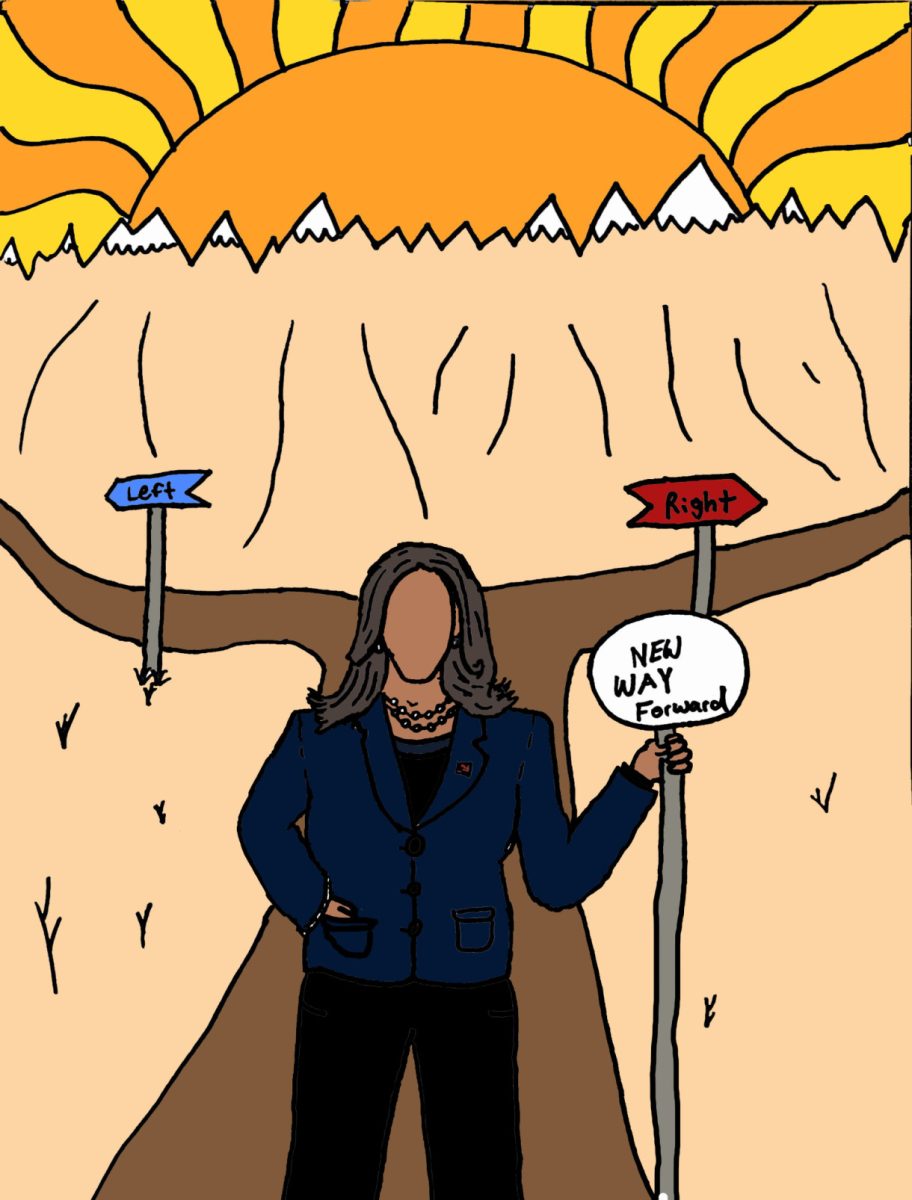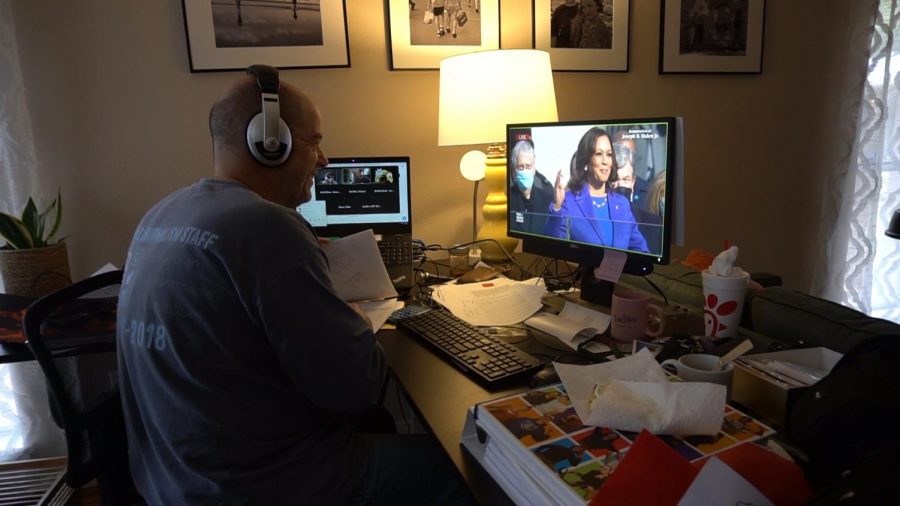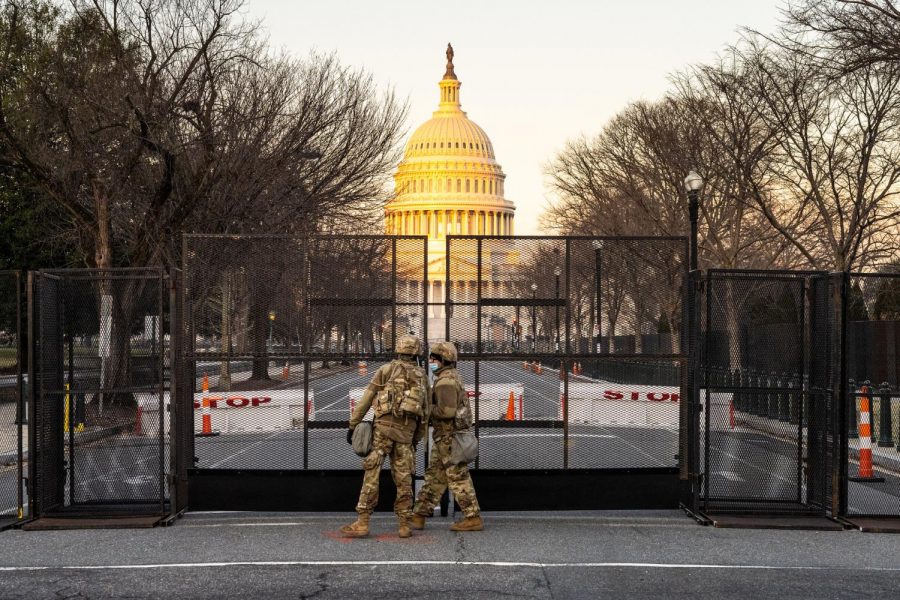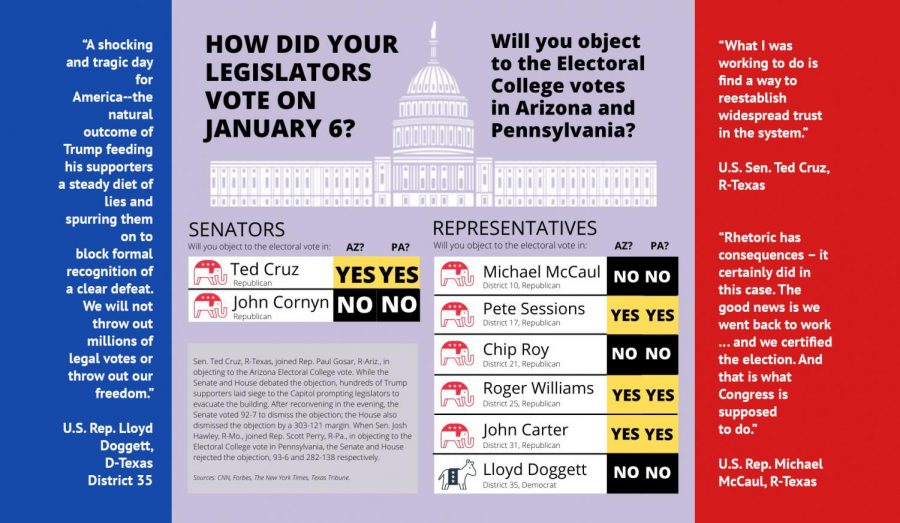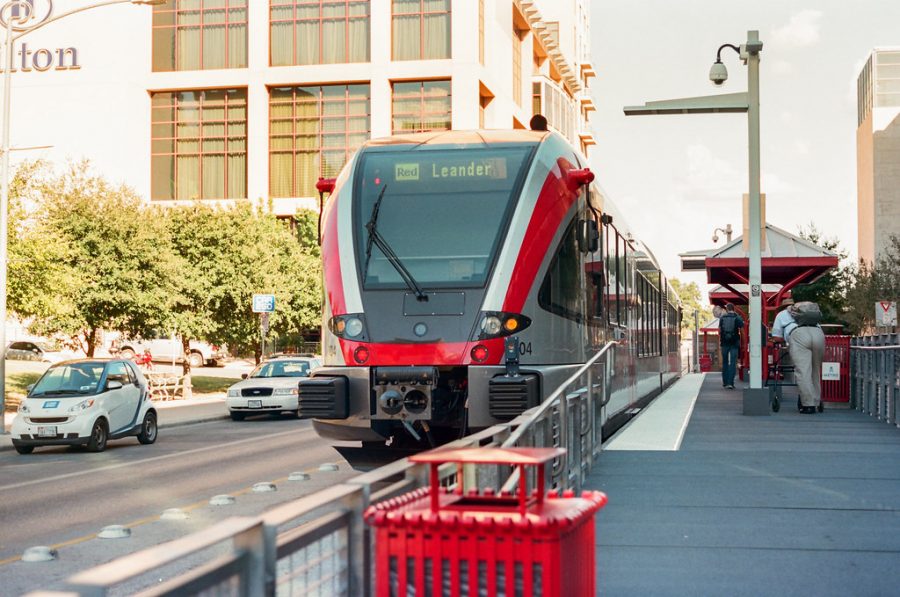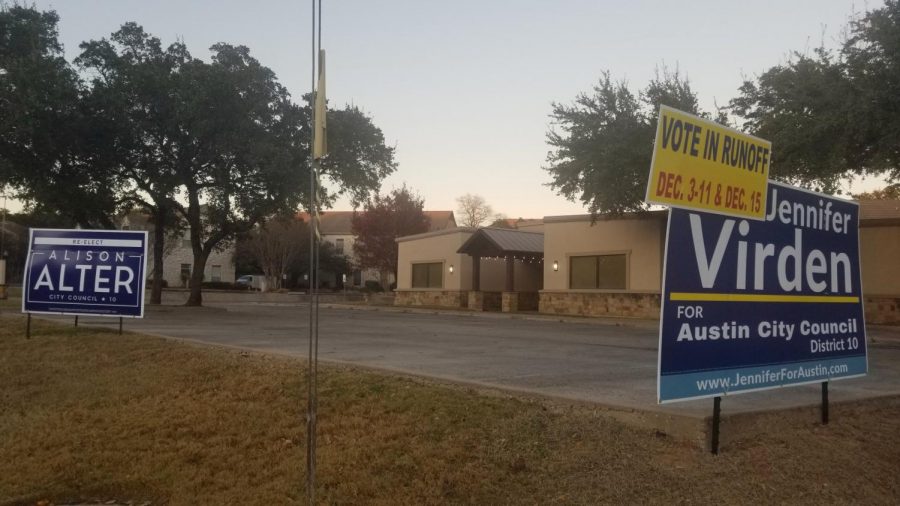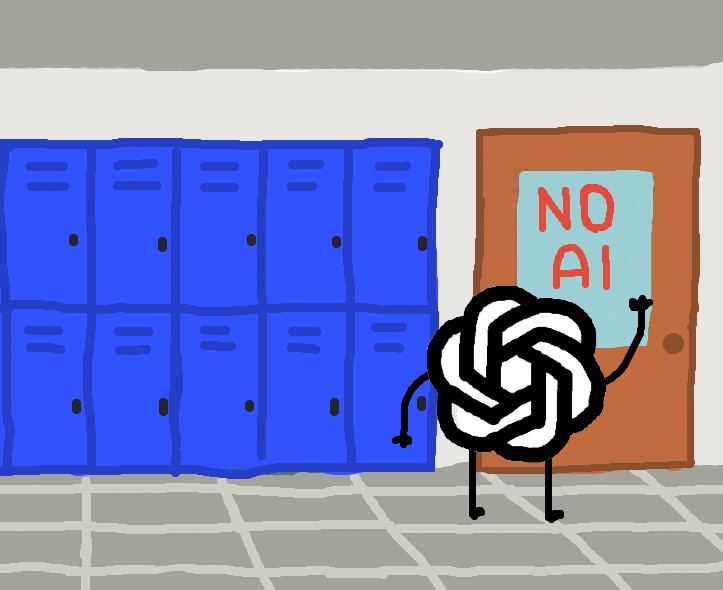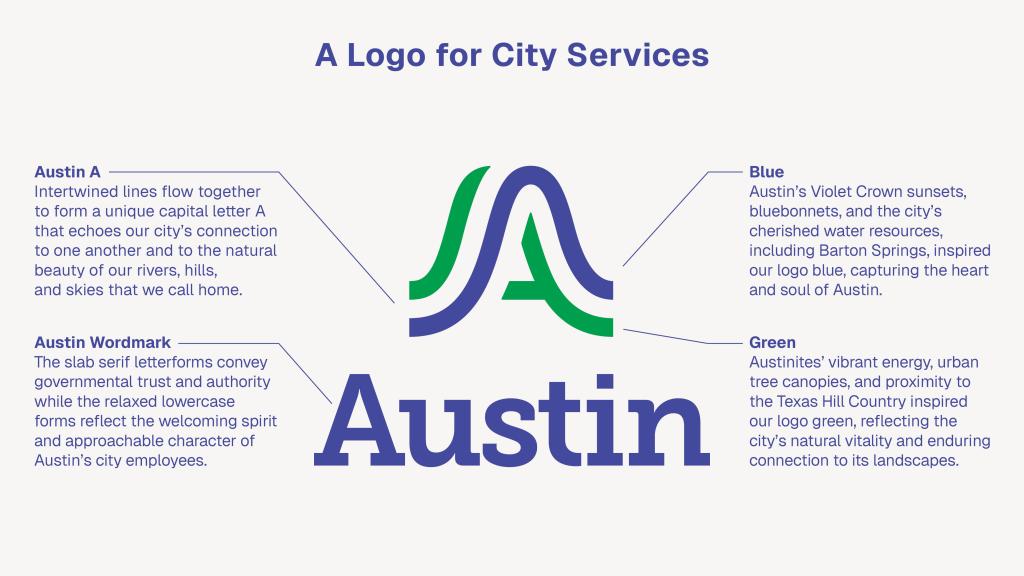The state of Texas is one of the toughest states in the country to vote in, and that’s no accident. Restrictions, rules, and systems have been put in place to reduce voter turnout and disqualify votes, under the guise of preventing voter fraud and upholding the credibility of the election. While these actions are always classified as safety and security measures, in reality, they are more effective as tools of voter suppression and are continuously used to disrupt elections in Texas.
Voter suppression is defined as any action that prevents or discourages certain groups of people from voting. Government officials use voter suppression to stay in power by blocking the votes of people who are likely to vote against them.
Historically, Texas has always lagged desperately behind other states as far as voter turnout. In the 2016 presidential election, only 42.6 percent of eligible voters cast ballots. The 2018 midterm elections saw a slight increase in turnout, enough for Texas to rise to the 42nd ranked state for highest voter turnout. Even with this rise, this still puts Texas in the bottom 20 percent of state voter turnouts.
Restrictions that make it more difficult to vote help contribute to this lack of participation. Compared to Maine’s standards, the nationwide leader with 72.8 percent turnout, Texas’s registration and voting systems are much more rigid. In states like Colorado that have historically had higher than average turnout, all eligible voters are mailed an absentee ballot, and any valid ID is accepted at the polls. Here in Texas, the process gets a little more complicated. IDs must be one of seven specific photo ID options, or you risk being turned away. As for absentee ballots, if you plan on being out of town during the voting period, you must apply for one in advance.
One would think that during a global pandemic, the government would go to greater lengths to give citizens more options to exercise their right to vote in a safe, convenient manner. Instead, Texas politicians, largely Republican incumbents, have seemingly embodied the opposite priority. Texas polls show that voters are split almost evenly between Democrat Joe Biden and Republican incumbent Donald Trump, the two current presidential candidates. Gov. Greg Abbott, a Republican, has begun to make restrictions that target highly populated areas like Houston and Austin- areas with a higher number of voters who lean Democratic. Recently, he has ordered the closure of many mail-in ballot drop off sites, purposefully creating an obstacle for many voters in these urban areas.
The order restricts counties to one drop-off site each. Not only does this create problems for people who live far away from their county’s drop-off site, but it also bolsters the risk of spreading and contracting COVID-19, especially in urban areas that are highly populated.
Abbott has also made restrictions on mail-in ballots tighter, forcing many voters to brave the polls and a higher risk of contracting COVID-19. Unless a voter has an illness, is overseas, is in jail (but still allowed to vote) or is over the age of 65, they must vote in person and risk exposure to the virus.
When a lawsuit was filed against the order on the grounds of voter suppression, the Texas supreme court upheld the governor’s decision. They claimed that Abbott’s order provides more options for voting than the election code and “does not disenfranchise anyone.” These restrictions, however, make absentee voting or voting by mail a less attainable option for many, leaving in person voting, and the risk that comes with it, the only readily available choice.
The fear of voter fraud that is used to justify these restrictions is legitimate but exaggerated. While there are some instances of voter fraud coming to light, there aren’t enough to warrant such heavy restrictions, especially ones that create more obstacles to voting during a pandemic. Dr. Brian Smith, a professor of political science at St. Edwards University, told KXAN that “The amount of [voter fraud] tends to be very, very small,” and in Texas’s case, not nearly enough to swing an election the size of the general presidential race.
Voting should be accessible to all, not just to those who agree with those in power. Any person living in the United States has the right to vote safely and without intimidation. By restricting voting drop-offs, Gov. Abbott is working to take away the rights of U.S. citizens and limit participation in our democracy. His actions, therefore, should not stand.
Unfortunately, there is no remedy for the issue of voter suppression in the 2020 presidential election, or a better option for voting on the way anytime soon.
For Texas anyways, the time to comfortably cast a ballot by mail is over. All mail-in voters who have not yet sent their ballots in should instead drop them off at any polling place so that your voice will still count.
Dropping off your ballot can also save you some time and risk of exposure. In the meantime, the best way to combat voter suppression is, ironically, to vote and what’s more to make sure your vote is counted.



